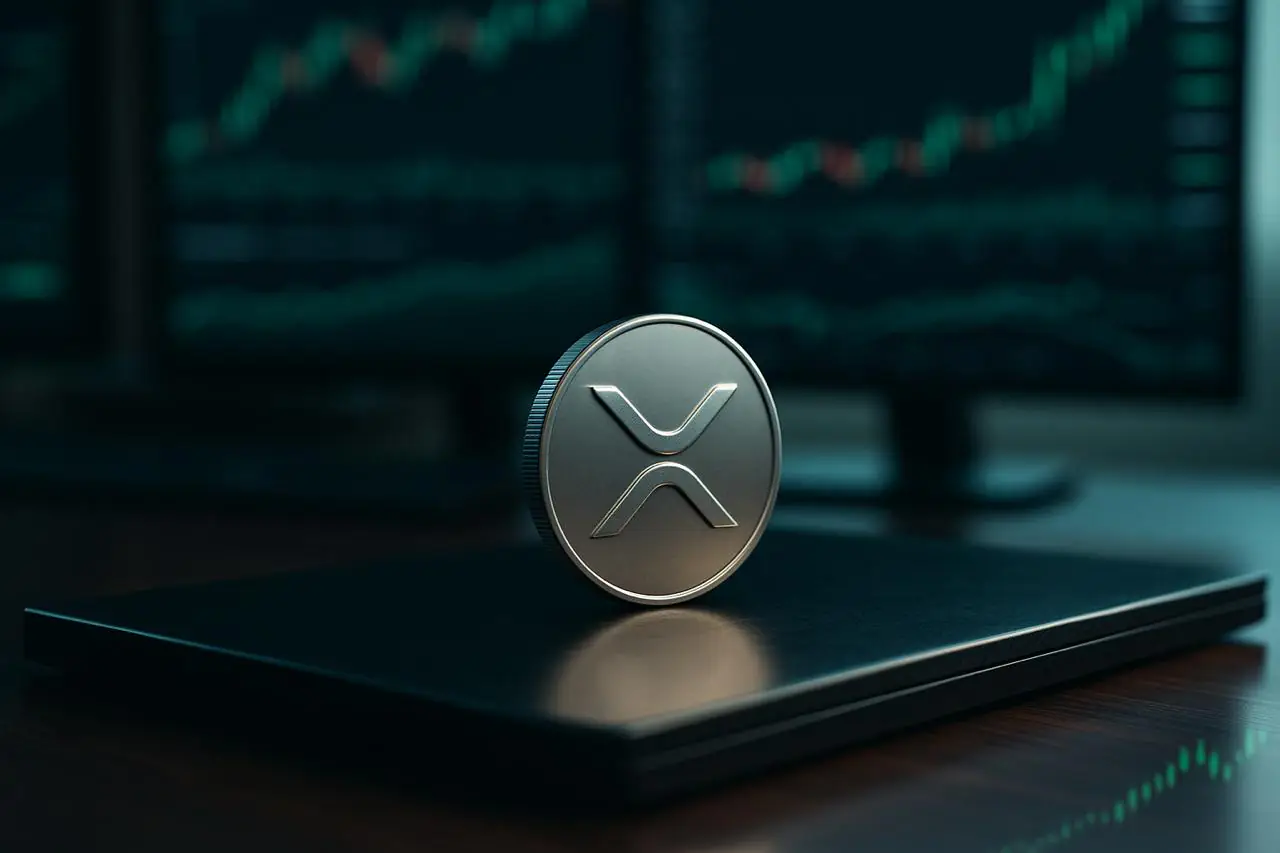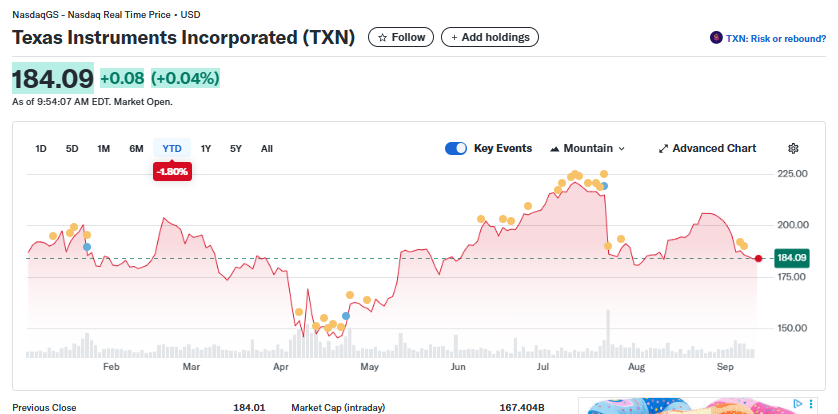A new decree from the Ministry of SMEs and Startups will allow digital asset companies to qualify for venture certification beginning September 16, unlocking access to capital and government-backed programs once closed to them.
The reform reverses a 2018 policy that grouped crypto with gambling and nightlife businesses at the height of speculative mania. That decision pushed blockchain entrepreneurs to friendlier jurisdictions, even as Korea continued to develop one of the world’s most active retail crypto markets.
Competing for Asia’s Blockchain Capital
Officials now want to position Seoul alongside Hong Kong, Singapore, and Tokyo as a hub for blockchain innovation. Minister Han Seong-sook framed the change as part of Korea’s long-term growth strategy, saying the country must “align with global digital asset trends” and channel capital into new industries.
The decision means crypto startups can now tap into accelerators like TIPS and the K-Startup Grand Challenge, along with venture funding that had previously been off-limits. Analysts say this could jumpstart a new wave of blockchain companies headquartered in Korea, backed by both private and state-supported investors.
Signals of Rising Institutional Confidence
The policy shift comes as Korean firms are already experimenting with large-scale crypto initiatives. Bitplanet recently revealed plans for the nation’s first institutional-grade Bitcoin treasury, raising $40 million in initial capital. Regionally, funds like Sora Ventures are raising billions to accumulate digital assets, highlighting the accelerating competition across Asia.
From Isolation to Integration
South Korea has not ignored crypto in the years since the ban. Regulators rolled out licensing requirements for virtual asset service providers, drafted a stablecoin bill, and passed the Virtual Asset User Protection Act earlier this summer to safeguard deposits and monitor trading.
Now, with venture certification finally open, crypto is being moved from the regulatory sidelines into Korea’s official innovation playbook. For startups that once struggled to find capital at home, the decision could mark the beginning of a new era — one in which the country positions itself not as a follower but as a leader in blockchain investment.
The information provided in this article is for educational purposes only and does not constitute financial, investment, or trading advice. Coindoo.com does not endorse or recommend any specific investment strategy or cryptocurrency. Always conduct your own research and consult with a licensed financial advisor before making any investment decisions.
The post Seoul Aims to Rival Hong Kong and Singapore as Blockchain Capital appeared first on Coindoo.















 Bengali (Bangladesh) ·
Bengali (Bangladesh) ·  English (United States) ·
English (United States) ·